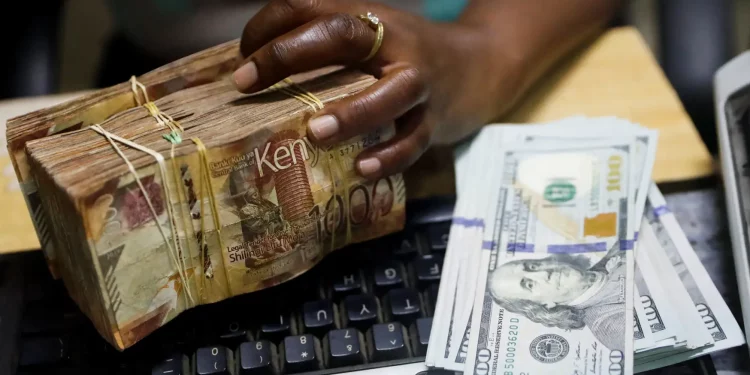Kenya has completed a successful buyback of its 2028 Eurobond, repurchasing USD 628.4 million of the outstanding notes in a move that signals greater control over the country’s external debt obligations. The buyback, launched on October 2, 2025, and closed on October 9, 2025, was part of a tender offer aimed at reducing near-term refinancing pressure and restoring investor confidence amid ongoing fiscal consolidation efforts.
The repurchase was financed using proceeds from Kenya’s recent USD 1.5 billion dual-tranche Eurobond issuance. The new offering comprised 7 year and 12-year notes, priced at blended yields lower than those of the older 2028 issue, reflecting improved investor appetite and more favourable borrowing terms for Kenya.
Through this liability management operation, the government aims to smooth its Eurobond maturity profile and reduce external debt vulnerabilities. By retiring a substantial portion of the 2028 notes, Kenya has effectively reduced the refinancing burden that was due to peak within three years. The transaction also helps mitigate rollover risks and signals to the market that the country remains proactive and disciplined in managing its sovereign debt obligations.
Following the buyback, about USD 371.6 million in principle remains outstanding on the 2028 notes. The repurchased securities will be cancelled and permanently retired, resulting in a corresponding reduction in the country’s external debt stock.
This initiative comes at a critical juncture for Kenya, as the government works under an IMF-supported fiscal reform program aimed at restoring debt sustainability while maintaining essential public investments. The buyback demonstrates fiscal prudence and technical sophistication in debt management qualities that investors have long urged emerging economies to adopt amid global market volatility and rising interest rates.
Analysts view the buyback as a strategic confidence-building measure, showing Kenya’s commitment to honour its obligations while actively restructuring its debt for better balance. It also sets a precedent for transparent engagement with bondholders, enhancing Kenya’s credibility in international capital markets.
For taxpayers, the move is equally significant; by refinancing at lower costs, Kenya reduces the future burden of debt service, freeing up fiscal space for domestic priorities such as infrastructure, healthcare, and education.
In essence, the 2028 Eurobond buyback represents more than a financial transaction, it is a signal of economic maturity and proactive governance. As global investors watch closely, Kenya’s timely and efficient execution of the buyback underscores a broader narrative of stability, responsibility, and renewed confidence in its economic management.
















